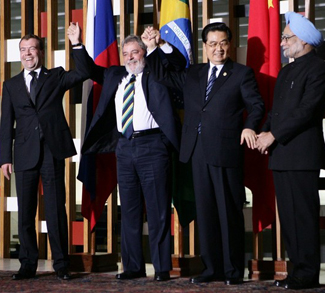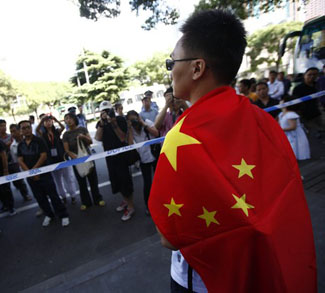ASEAN could provide the leverage that smaller South East Asian countries need in their border negotiations with China in the South China Sea.
The President of the Phillipines, Benigno Aquino III, has commented on ongoing diplomatic talks on the South China Sea at the UN General Assembly, one day ahead of critical meetings that are to be held between President Obama and ASEAN leaders. Aquino was quoted saying that ASEAN would “stand as a block” if Beijing tried to “push [ASEAN countries] around” in the context of territorial disputes in the South China Sea.
Expect the United States to re-affirm the strong commitment made by Secretary Clinton last November, when a peaceful resolution to the South China Sea dispute was declared a ‘national security interest’ of the United States.
Beijing’s strategy thus far in the South China Sea has produced the opposite of its intended effect. Instead of moving into the military and diplomatic space that has been vacated by a decade of American indifference in South East Asia, Beijing has illustrated the importance of American power as a counter-weight to China throwing its weight around in the region. One must only look to the rapid pace of US-Vietnamese reconciliation after a long estrangement after the Vietnam War for evidence of South East Asian anxiety over China’s expansion into the South China Sea.
Expect ASEAN’s response to be just as bold as China’s unilateral declaration of sovereignty over the South China Sea. It is highly likely that the resulting warming in US-ASEAN ties will impact the regional security situation for decades.




